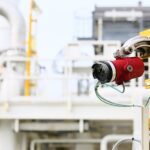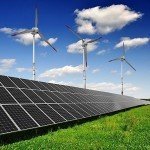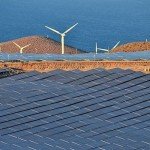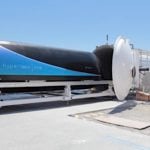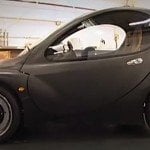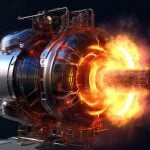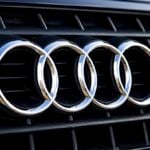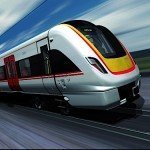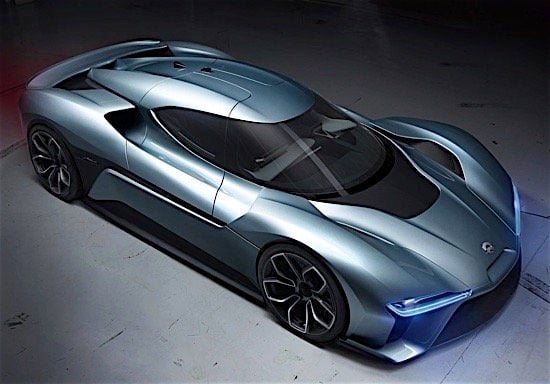
“We believe that when the car ownership experience exceeds expectations, electric vehicles will become the natural choice for everyone.” So said William Li, chairman and founder of NextEV, creator of the NIO EP9, the car now claiming the title of the world’s fastest electric vehicle.
It is difficult to imagine how this “supercar” would not exceed even the highest expectations. According to reports, it can accelerate from 0–200 kph in 7.1 seconds. It has four inboard motors and four individual gearboxes, one for each wheel, and it delivers 1,360 hp, equivalent to one megawatt of power.
The car has just broken a standing record for lap speed by electric vehicles at Germany’s famous (and infamous) Grand Prix test track, the Nürburgring Nordschleife. For context, the first car to do the circuit in under nine minutes was a Formula One Ferrari, in 1961. Its time was 8 minutes and 55.2 seconds, at a speed of 153.4 km/h. The NIO EP9 did it yesterday in 7 minutes and 5.12 seconds. A Mercedes-AMG electric SLS recorded a time of 7 minutes and 56.23 seconds on the same track. The NIO EP9’s top speed is said to be 313 kph, with a range of 427 km. It can be recharged in just 45 minutes.
Despite William Li’s statement about its becoming the natural choice for “everyone,” this model, which is clearly designed for racing, will not be widely available. At a cost of roughly $1.2 million, plans are to build only six of them in the beginning.
According to a report in Car, the NIO EPS is more about proof of concept and publicity than being a mass-market offering. NextEV, which is based in China and has R&D facilities in several countries, is said to be collaborating with China’s JAC automotive company. Out of that collaboration it is expected that a range of electric vehicles with wider public appeal will emerge. The US arm of NextEV is based in Silicon Valley in California, and plans to begin testing driverless cars on public roads in the near future.
As Li put it, the NIO EP9 was born “to push limits,” a statement of the company’s vision, and a best-in-class product that showcases what is possible with electric vehicles.



